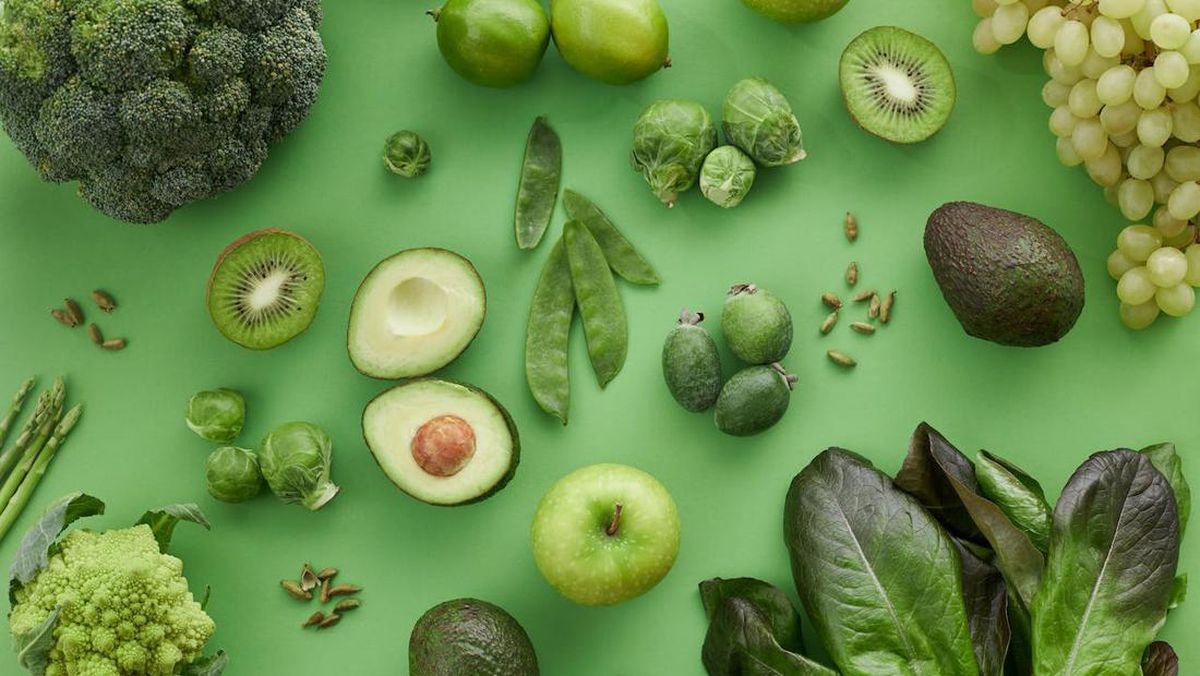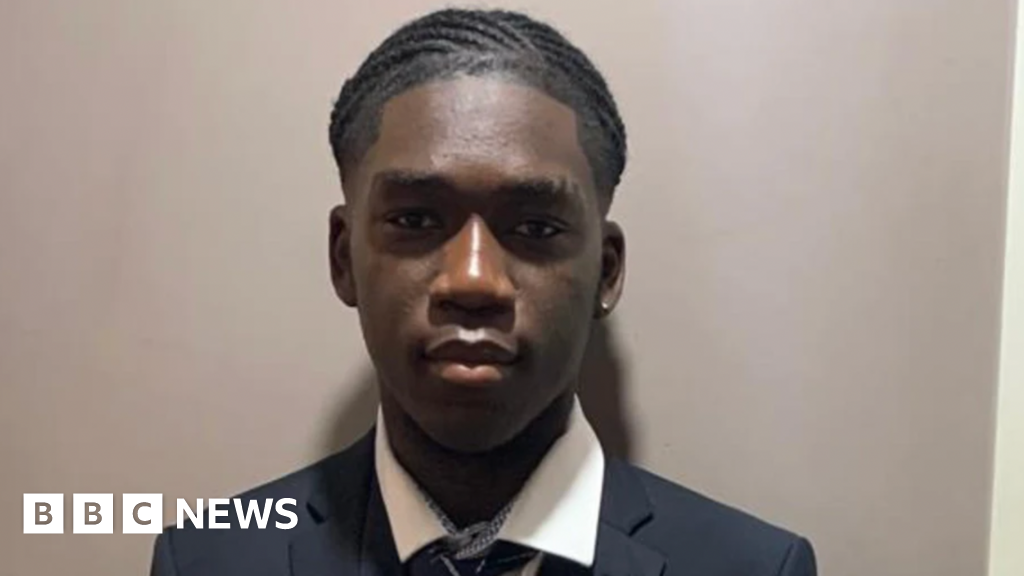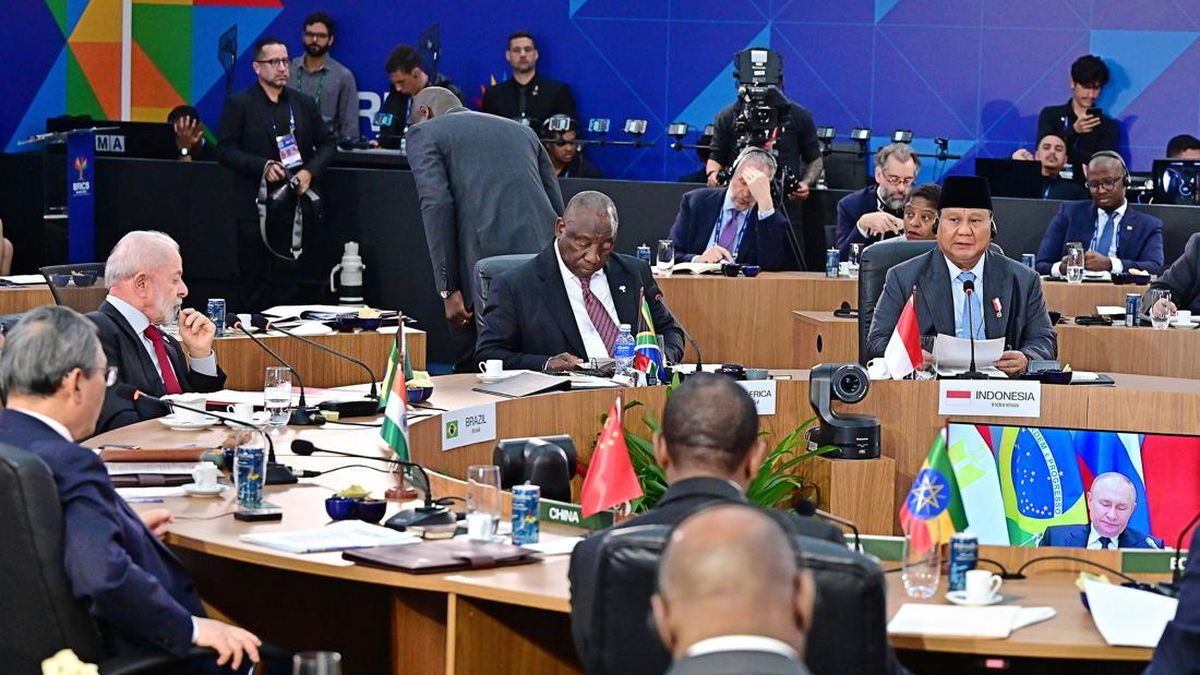The conversation descended, as it always does, to the mushroom lunch trial. Beef Wellington, specifically individual beef Wellingtons. Dehydrators. Asian grocers. Death caps, foraging, gastric band surgery, factory resets, Phone A and Phone B, grey plates and orange plates. The trial created its own lexicon of contenders for the Macquarie Dictionary’s word of the year.

The bizarre uniqueness of the Erin Patterson trial kept us transfixed.
Australians have been fixated on criminal trials before, but those can mostly be traced to universal themes and shared emotions. The backpacker murders and the outback killing of Peter Falconio played to deep Wake In Fright fears about the wide brown land. Kathleen Folbigg’s and Keli Lane’s trials touched the nerve of maternal filicide. Lindy Chamberlain’s trials combined both.
The public fascination with the mushroom lunch trial was different. There is something broader to be said about in-laws and cooking, but it was the trial’s very singularity, its bizarre uniqueness, that connected it to the times we are living in. What does it have to do with us? How does it affect us? Nothing and not at all. When we are waking up each morning to discover what new atrocities were committed overnight, when we are asked whether nuclear war, artificial intelligence or climate change is the greatest threat to humanity, the mushroom lunch trial was trivia. But this is why it gripped so many of us, and it was actually a good thing.
While pondering why I’m suddenly so well informed about beef Wellington, wild mushrooms and dehydrators, I came across a New York Times essay by Ken Jennings, host of the TV quiz show Jeopardy!, now in its 61st unbroken year. Since taking over from Alex Trebeck in 2020, Jennings had asked himself if such quizzes could “survive the conspiracy theories and fake news of our post-fact era”.
“Facts may seem faintly old-timey in the 21st century,” Jennings wrote, “remnants of the rote learning style that went out of fashion in classrooms (and that the internet search made obsolete) decades ago.”

Erin Patterson arriving at Melbourne Supreme Court on April 15.Credit: Jason South
But if you look around, trivia quizzes – and therefore facts – have never been more popular. Media is spiced with quizzes for the reason that they suck in audiences. We get stirred up about the ambiguous wording of a question in the Good Weekend Superquiz. Pub trivia, imported from Britain since the 1970s, is booming among 18- to 25-year-olds. And let’s not get started on those of us (guilty!) who use our phones less as communications devices than as pocket encyclopedias. “Hold that thought, let me see what shows we’ve seen him/her in.” “Don’t mind me, I’m just checking.”
As annoying as it can be, this behaviour does mean something. “Trivia is far from trivial,” Jennings writes. He would say that, wouldn’t he? But the supporting evidence is enlightening.
It was January 22, 2017, when Kellyanne Conway, an adviser in the first Trump administration, defended spokesman Sean Spicer’s false claims about the crowd size at Trump’s inauguration. Chuck Todd, host of Meet The Press, asked Conway how Spicer could “utter a provable falsehood”. Conway replied that Spicer was providing “alternative facts”. Todd said: “Look, alternative facts are not facts. They’re falsehoods.”
“You don’t hear much about alternative facts any more,” Jennings writes eight years later, “but only because so many of them are no longer the alternative to anything. They have moved to the mainstream.”
Loading
In a world where governments and other institutions of authority try to persuade us that we’ve been misled all along and two and two make five, the surge towards “trivia” is not escapism but a shared urge to reassert that two and two add up to four. And that this is important. An interest in trivia is an antidote to being gaslit. It is a reaction against the cynicism of those who say that facts, ultimately, don’t exist and don’t matter. Like so much of what used to be postmodern left orthodoxy, democratic in its conception, “relativism” is now peddled by absolutists and anti-democrats. By contrast, “fact-checking”, even if it’s only in games or entertainment, is a grassroots uprising, a statement that some things are true and some are false.
The pitfall in this healthy counter-reaction is how quickly your pocket encyclopedia can become someone else’s platform for misinformation and surveillance. Google wants to know what you’re asking it so that it can “generate” a predictive robot to know more about you and what you will ask next. The problem with this is not how often it is wrong (that is the least of its dangers), but how easily it can manipulate our thinking and turn our brains to mush – or mushrooms, kept in the dark and fed shit with the ultimate effect that our behaviour, like fungi, can become entirely predictable.
If the pocket encyclopedia is corrupted, then, the antidote is for questions and answers to be written and found by humans, from physical sources, as happens on Jeopardy!, where ChatGPT, Alexa and Grok have no place.
“Trivia,” writes Jennings, “is a ray of hope in our moment of national crisis. Somehow, it’s still an arena where ideological projects are completely ignored and the thing that matters – the only thing that matters – is the right answer.”
Life’s knottier questions are seldom simple enough to reduce to “correct” and “incorrect”, but while we remain interested, while we are curious about facts, we are engaged in a resistance movement.
In a strange way, the fixation on the mushroom lunch trial was also a sign of hope. This is not to overstate what is, for many, just voyeurism. Yes, the public will never know as much as the jury and should respect its verdict – but the mushroom trial was also a civics lesson in how the criminal justice system works. Yes, it’s possible that the full truth will never emerge – but this is how we learn to live with fundamental unknowns. The fixation shows that we still want to sort facts from falsehoods. The specific case has no effect on your life or mine; our curiosity about the difference between truth and lies, however, can save us all.
Malcolm Knox is a regular Herald columnist. His books include Secrets Of The Jury Room.
Most Viewed in National
Loading


















































